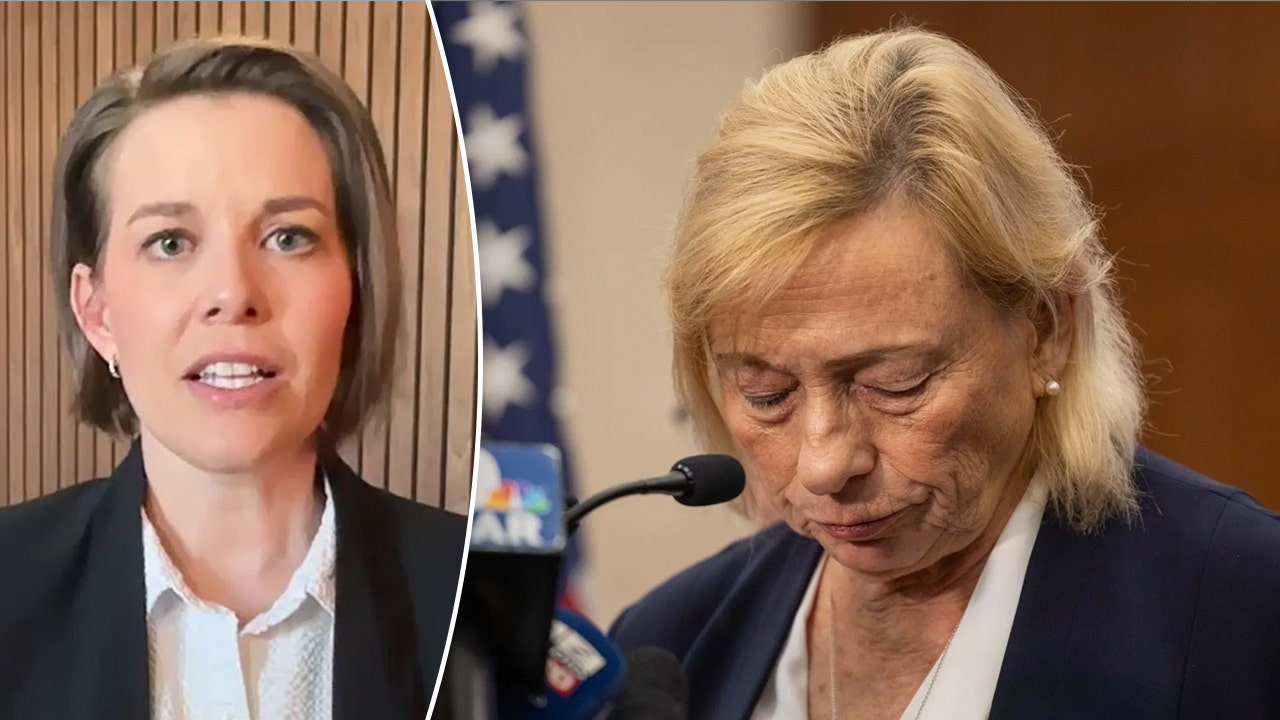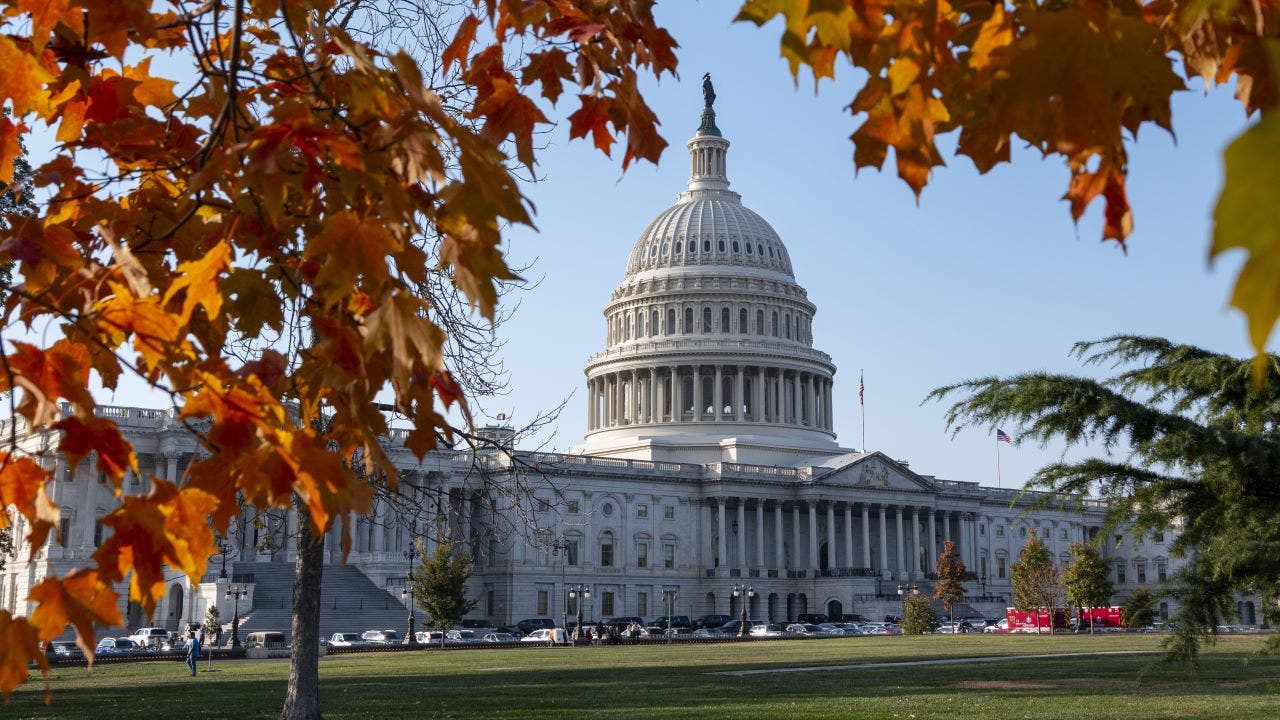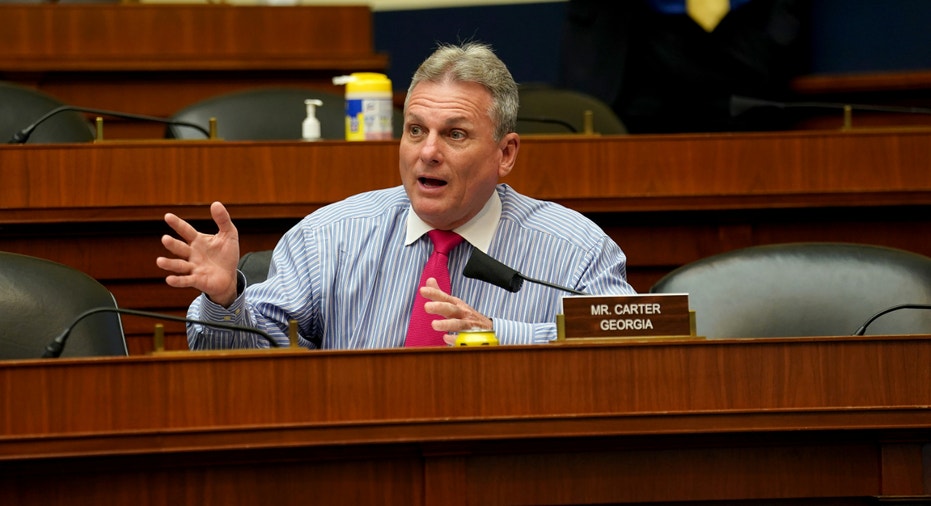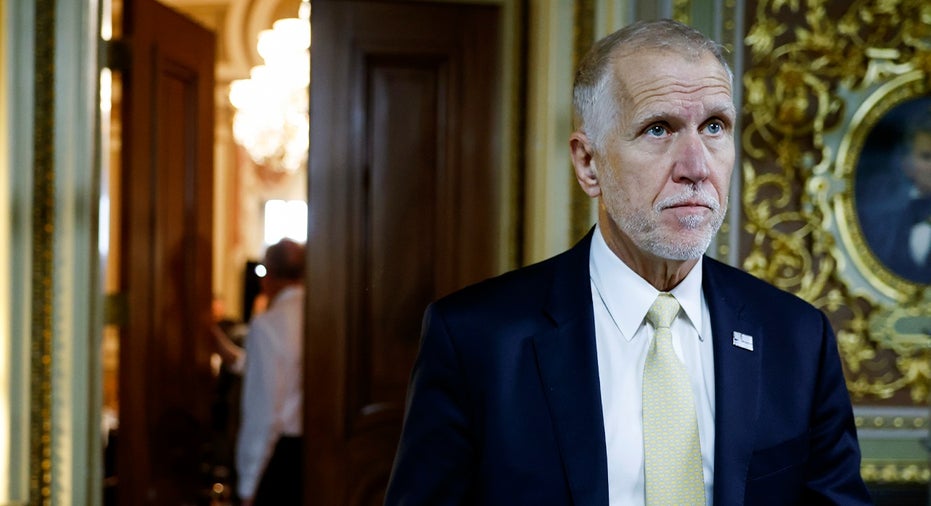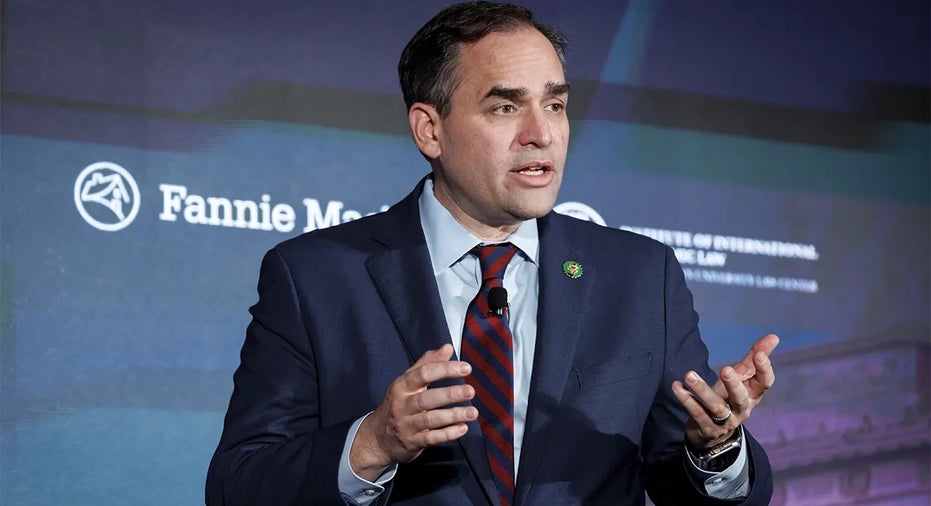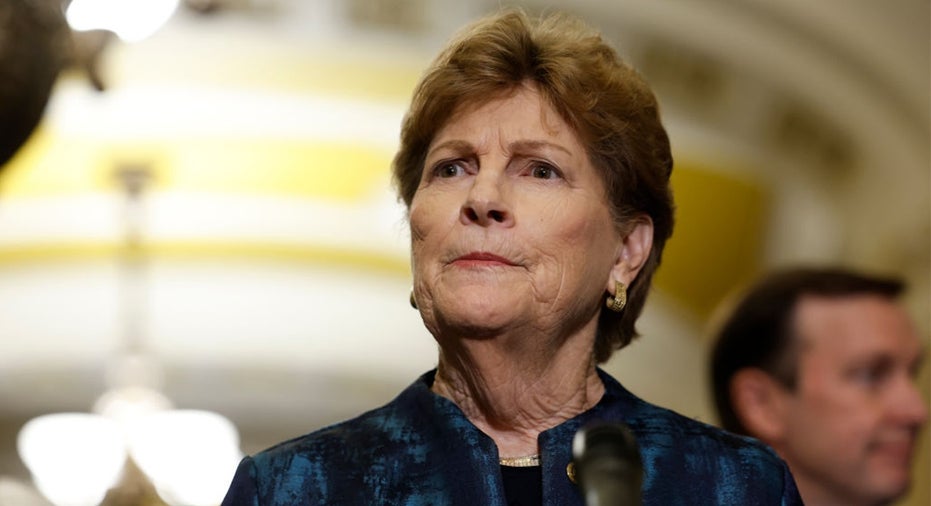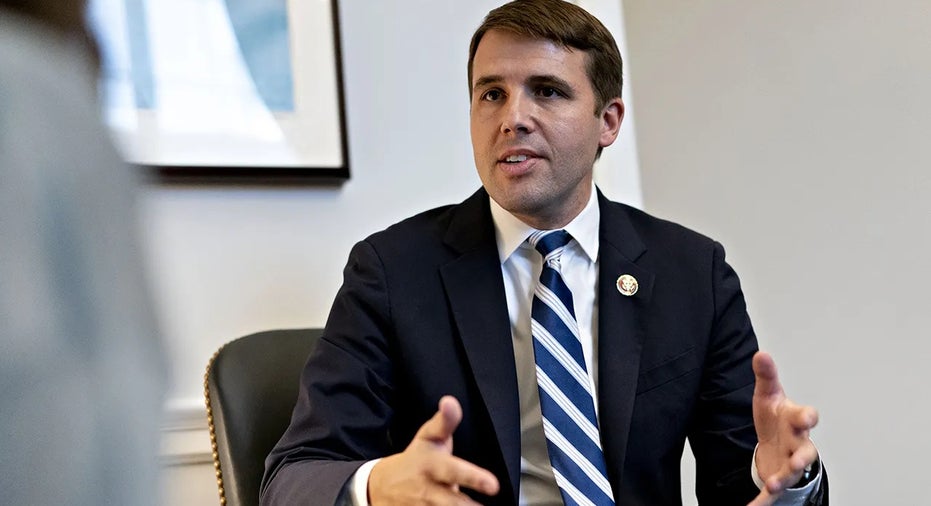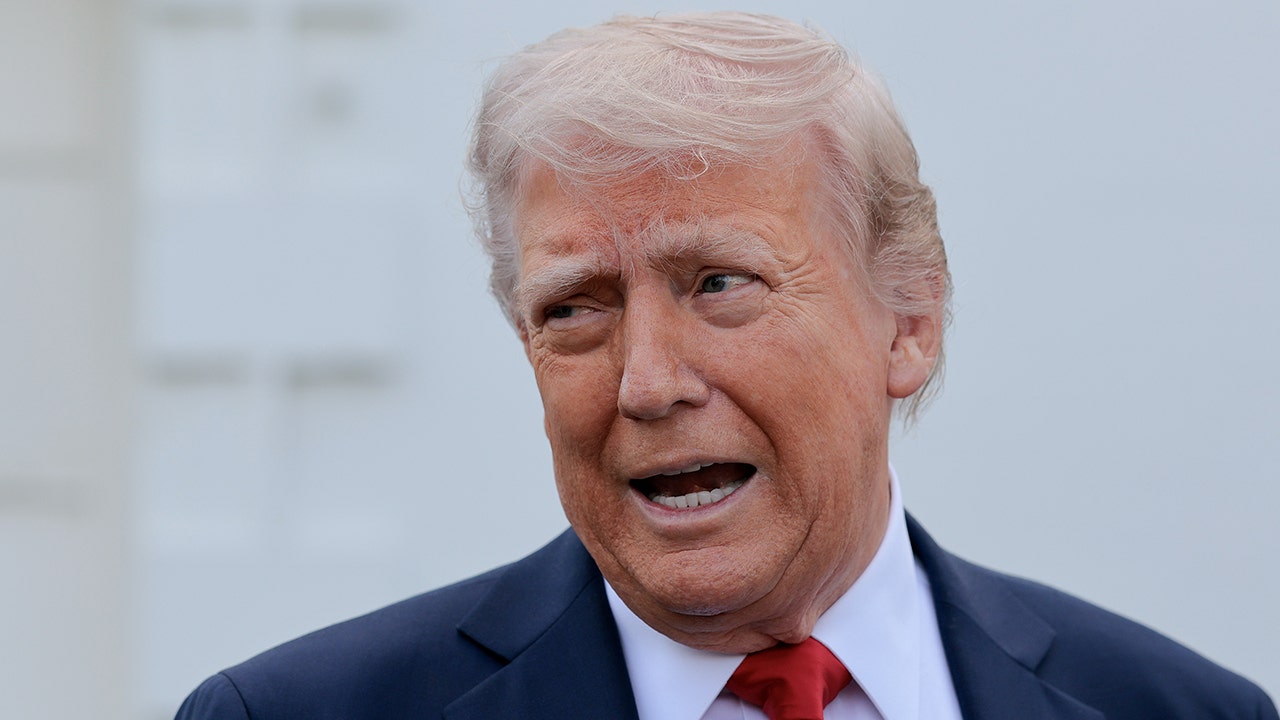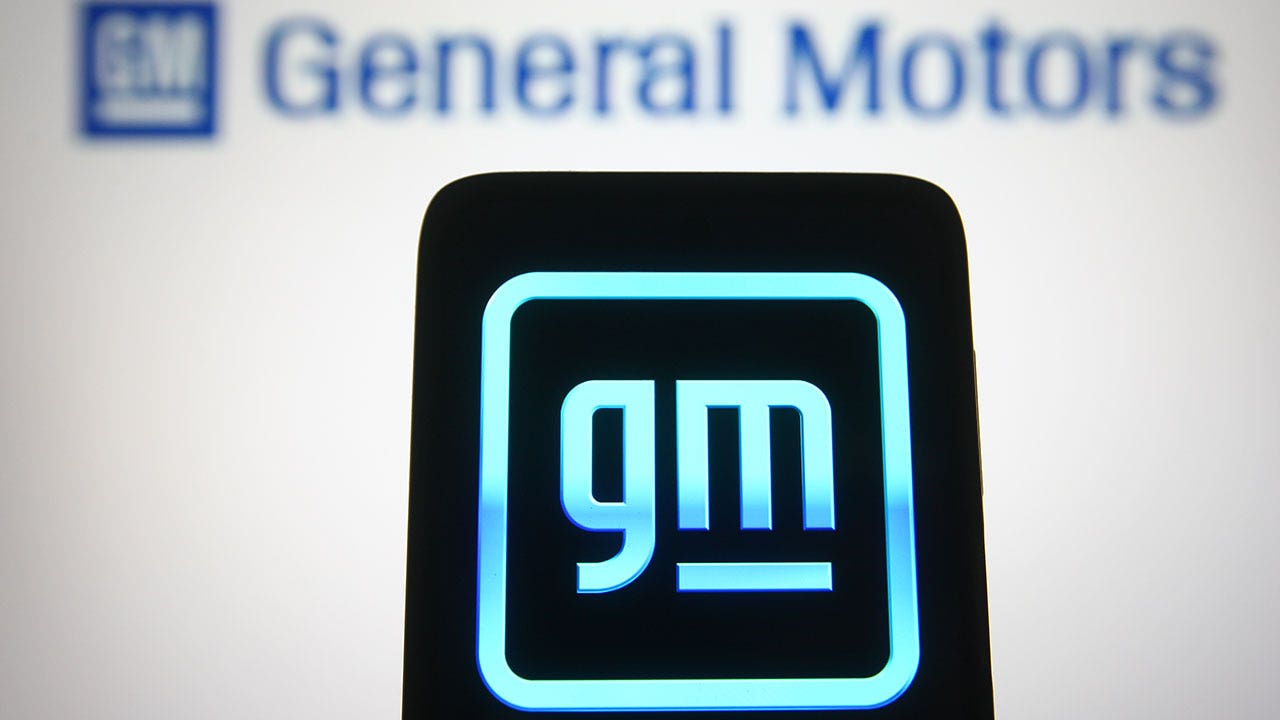In 2024, the cryptocurrency industry spent more than $200 million to help elect candidates with a light-touch approach towards regulation, including President Donald Trump. As crypto legislation begins to take shape in Washington, D.C., interest groups representing the industry are poised to expand their influence in down-ballot races in a series of close elections that will determine which party will control Congress after the mid-term elections in 2026.
For crypto backers, the stakes of House and Senate races have become increasingly clear in the 119th Congress. Both chambers have introduced bipartisan legislation to regulate stablecoins, the STABLE and GENIUS Acts, with the latter narrowly passing a key Senate hurdle Monday night after an earlier version of the bill failed without Democratic support.
TRUMP’S MEME COIN SOARS AS PRESIDENT OFFERS DINNER TO TOP HOLDERS
Stand with Crypto, an advocacy group that backs “common-sense regulations” for the digital asset industry and serves as a guide to help crypto-aligned donors determine which political candidates to support, championed the Senate’s vote to bypass the filibuster as a success. The group said its supporters “contacted their senators tens of thousands of times and over 120K watched our livestream of the GENIUS Act vote.”
Though a number of obstacles remain before Congress could potentially send the GENIUS Act to Trump’s desk, the crypto industry can check off a significant item from its list, leaving advocates and donors encouraged by Monday night’s vote after a series of scuff-ups threatened to leave the bill hanging in the balance.
Republicans currently hold a 53-47 majority in the Senate (two senators are independent but caucus with Democrats). That is likely to hold, though Republicans would like to add a seat with a win in Georgia, and hold two others in North Carolina and Maine.
Ahead of Monday night’s vote, Stand with Crypto Community Director Mason Lynaugh said the group’s 2.2 million supporters had an “undeniable impact in the 2024 election” and were watching the vote closely to hold lawmakers accountable.
Though the crypto industry spent millions to send Trump to the White House last fall, the industry’s support does not fall neatly along party lines. Freshmen Sens. Bernie Moreno, R-Ohio, John Curtis, R-Utah, Reuben Gallego, D-Ariz., and Elissa Slotkin, D-Mich., all counted on the industry’s backing to win crucial battleground races in 2024.
TRUMP MEDIA AND CRYPTO.COM PARTNER ON ETF OFFERINGS
In 2026, one seat in Georgia is currently held by Democrat Jon Ossoff, and is a top target for Republicans in a state Trump carried in last year’s general election. Yet the race may pit the crypto-friendly senator against a fellow supporter of the industry. Stand with Crypto rated Ossoff as “B – somewhat supportive” of digital assets, while potential challenger Rep. Buddy Carter, R-Ga., has a slightly higher rating of “A – strongly supportive.”
Similarly, in North Carolina, Republican Sen. Thom Tillis maintains an “A” grade from Stand with Crypto. Though Democrat Wiley Nickel, a possible challenger to Tillis, is currently unrated by the group, the former congressman has carved a lane as a cryptocurrency advocate who broke with the Biden administration’s approach to regulation, calling it “backwards” while also penning a letter to party leadership in support of a fresh approach to crypto policy.
Nickel’s campaign told FOX Business that he “approaches digital assets regulation in a bipartisan way in order to promote U.S. innovation” and protect consumers.
TRUMP CREATES STRATEGIC BITCOIN RESERVE, OTHER CRYPTOCURRENCIES TO BE USED IN STOCKPILE
In New Hampshire, where Democrats will look to hold on to a soon-to-be-vacated Senate seat now held by Democratic Sen. Jeanne Shaheen, the contours of the race may be much clearer for crypto advocates. While Republicans have yet to coalesce around a candidate for the Granite State seat, Democratic nominee Rep. Chris Pappas has a “D” rating from Stand with Crypto.
A spokesperson for Pappas said the fourth-term congressman “believes Congress has a duty to provide oversight and regulation to give clear rules of the road for the crypto industry,” adding that those efforts would help “keep innovators and job creators here at home instead of fleeing overseas.”
In Maine, Democrats will likely pour money into the race to defeat Republican Sen. Susan Collins in a state former Vice President Kamala Harris won by nearly 7% in 2024. Collins sports an “A” rating from Stand with Crypto, and while the first declared Democrat for the race, Jordan Wood, lacks a rating as he is not a member of Congress, the Senate hopeful once served as the chief of staff to former Rep. Katie Porter, D-Calif., who earned an “F” from Stand with Crypto.

Wood’s campaign did not reply to a request for comment.
Ossoff, Tillis, and Collins all voted in favor of bypassing the filibuster on the GENIUS Act on Monday night.
The crypto industry’s total of at least $238 million raised in the 2024 election cycle surpassed funding by traditional industries like pharmaceuticals, oil, and gas, according to data compiled by OpenSecrets.


